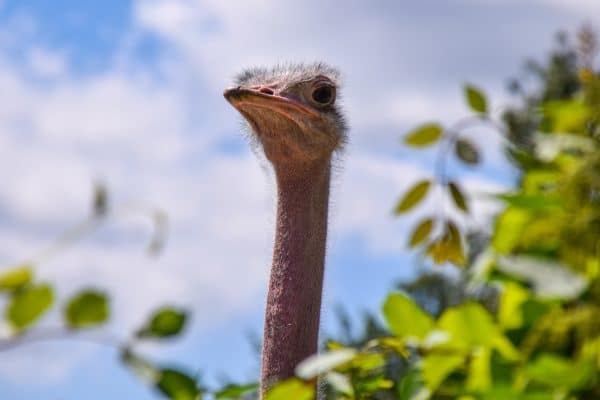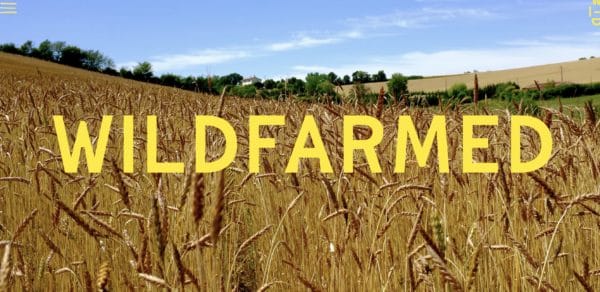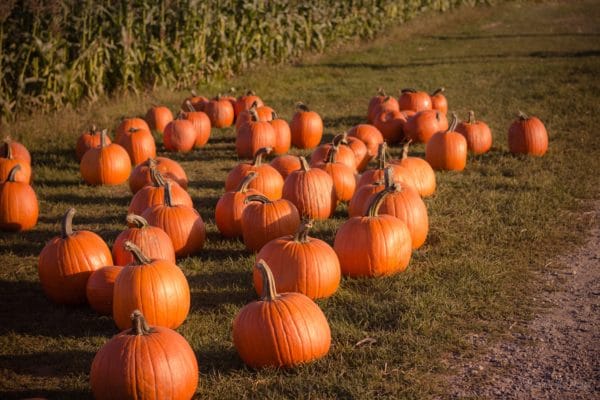The ’60s. What a time to be alive. People then seemed to know what life was about. In 1967, Beach Boy Brian Wilson wrote the line “I love you all, my favourite vegetable”. It was in the song ‘Vegetables’, an ode to vegetables. Within two years he’d launched the Radiant Radish, a health food shop in West Hollywood, California. Wilson would open the shop at weird hours and run it dressed in his bathrobe and slippers – while getting high (in vitamin B) on his own supply.
The Radiant Radish closed on July 29, 1970. According to Wilson, “I spent too much money on produce, there wasn’t much money coming in and we went bankrupt.”
But Wilson’s experience has not deterred other musicians. In fact, plenty of rock, pop and hip-hop acts have since gone a step further – by setting up and working their own farms. And some have even succeeded. Here’s our run-down of the music stars whose careers went from boombastic to bucolic…
JB GILL
After selling over 10 million records, and landing five number one hits, the JLS star set up an 11-acre smallholding in Kent, and began producing Kellybronze turkeys and Tamworth pork. He even scored a job on presenting CBeebies’ Down on the Farm, showing kids where food comes from.
We assume he’s censored some of what he’s seen, including the aftermath of a fox attack on a pen full of turkeys.
In 2021, Gill returned to his celebrity roots, reuniting with JLS to record an album, describing music as ‘just like riding a bike’. But the farm is where his heart is: he told the Sun in October last year that his turkeys are too important for him ever to take time off to go on Strictly.
Radish radiance: 8/10
STEVE VAI
The former guitarist for Frank Zappa, David Lee Roth and Whitesnake began beekeeping back in the 1970s. “If I was going to have a hobby, I didn’t want anything too normal,” he told one TV interviewer.
Vai set up several hives at his home in Encino, California, and set about learning the ways of the bee, a creature he came to find “beautiful” and “engaging”. It was quite a buzz. “I can spend a couple of hours away from everything, away from music, the outside world, and just be tuned in,” he said of his new pursuit.
Radish radiance: 6/10
KELIS
When the pandemic struck in March 2020, the ‘Milkshake’ singer was on tour in Europe. Luckily she’d recently bought a massive California farm, so could quickly swap life on the road for a return to the land.
After a first month of “panic”, she told Harpers in 2021, “you become farm people quickly. None of my friends would’ve pegged me as a farm person, but I’m as farm as it gets at this point.”
Case in point: Kelis’s son once marched in and proclaimed: “I see a foot hanging out of a sheep’s butt.” Kelis consulted YouTube and her vet sister, made a glove out of a bin liner, and helped the sheep give birth to a ram. She was soon helping another deliver twins.
Kelis says farming life gives her kids “a proper understanding of what wealth is”.
Radish radiance: 10/10
TERMINATOR X

Back in the late 80s and early 90s, Public Enemy’s DJ laid scratches on some of hip-hop’s most incendiary records. He’d later describe the music business as “like the worst street in the worst neighbourhood you can think of. You can be robbed, pimped, hustled, misled and everything else if you don’t realise where you are.”
Rather than simply sticking his head in the sand, Terminator swapped the music biz for a potentially more sedate career – an ostrich farm in North Carolina.
He soon quit that too, after disagreeing with how it was being run. Sure enough, the ostrich thing soon went arse-up, and it became a goat farm instead.
Radish radiance: 3/10
WAKA FLOCKA FLAME
Just three years after 2010 smash ‘No Hands’, the Atlanta rapper had the classic musician’s moment of clarity. “I had no profession, I had no trade, I didn’t know how the fuck I was going to start but I knew how I was gone finish,” Waka is quoted as saying. “When I quit, I told myself, I was like man I’m gonna find some shit to keep me good and my family good…and I found it.”
In July 2021, he shared clips on TikTok of him getting his hands dirty – operating a strimmer and lawnmower, and planting seeds for a tomato garden. “I told myself I’ma learn how to farm, bruh,” he said, before calling a couple of cows his ‘babies’.
Radish radiance: 6/10
ANDY CATO

On the way to London from a gig in 2006, the Groove Armada star saw a magazine article on industrial food production, and it inspired him to start growing his own veg.
After a few years experimenting with no-dig farming and selling his produce at local markets, he committed “an act of lunacy” in 2013, selling the publishing rights to Groove Armada so he could buy a 110-hectare farm close to his home in France. He took it from a state of near barrenness, to being recognised in 2020 as one of the most innovative farms in France.
By that point, Cato had started a company, Wildfarmed, with TV presenter George Lamb, to promote regenerative farming and transform the wheat industry at scale.
These days Cato is back in England, with a 20‑year tenure of a 300-hectare National Trust farm in Oxfordshire.
Radish radiance: 10/10
ALEX JAMES
Blur’s bassist moved to the Oxfordshire Cotswolds after his success with the band, renovating a farmhouse and turning it into an artisan cheese farm. He named the soft and creamy Blue Monday after his favourite New Order song.
While his other products don’t sound so rock n roll – including Farleigh Wallop, Little Wallop, and Good Queen Maude – he keeps the lines between the two worlds blurred with a food and music festival on his farm, co-hosting with Jamie Oliver. Upwards of 30,000 punters gather at Big Feastival every summer for live music and cooking demos from chefs.
Radish radiance: 7/10
JAMES MARTIN

The former Faith No More guitarist is also an award-winning pumpkin grower. He once produced a prize-winning beast weighing in at over 1,000 pounds – the farming equivalent of an amp that goes up to 11. He’s renowned for getting his hands dirty, putting hours into the land, while his wife nourished him with cigarettes and beer.
Who needs rock n roll? Martin once enthused to a Bay Area newspaper that the vegetable competition was “important enough for CNN to come and report on”. He’s also a big pea fan. “I love peas,” he told the press. “I stand out here and eat them.”
Radish radiance: 8/10
GREGORY ALAN ISAKOV
Singer-songwriter Gregory Alan Isakov is one person who sees a clear line between farming and music. “I realise that the more I do both, they’re both things that I’ll never master,” he told the New York Times in 2016.
Isakov lives on a four-and-a-half acre farm outside Boulder, Colorado, where he and friends grow over 100 varieties of heirloom vegetables, as well as medical cannabis, while keeping bees, chickens, and sheep.
For years, Isakov has taken summers off from touring to work on the farm, meaning he gets out of playing the festival season. “I’d be in some porta-potty somewhere in the middle of summer,” he said of touring life, “and think, why am I not growing food right now?”
Radish radiance: 10/10
LI ZIQI
Of course, these days people can just skip the rock star part and just make stars of themselves as farmers instead. Li Ziqi started posting aspirational videos of her farming life in China’s rural Sichuan province in 2016. Her videos, titled things like ‘the life of tomato’, now win as many as 60 million views on YouTube. Expect lingering shots of beautiful mountain scenery, and growing and preparing her fresh produce to the grating sound of pianos, flutes, acoustic guitars and bird song. Despite the rather airbrushed view of the realities of farming life, she’s become one of China’s biggest social media stars.
Radish radiance: 7/10